Pruritus Ani is familiar with hemorrhoids. A hemorrhoid is an enlargement of the veins in the rectal area that causes discomfort and pain.
Relationships between these conditions must be understood. You may experience discomfort, infection, and a lower quality of life if you do not treat pruritus ani. Avoid unnecessary pain and frustration by learning how to prevent and treat it.
In this blog post, we will explain how hemorrhoids can cause pruritus ani and what you can do to prevent it.
Can Hemorrhoids Cause Pruritus Ani: 6 Facts
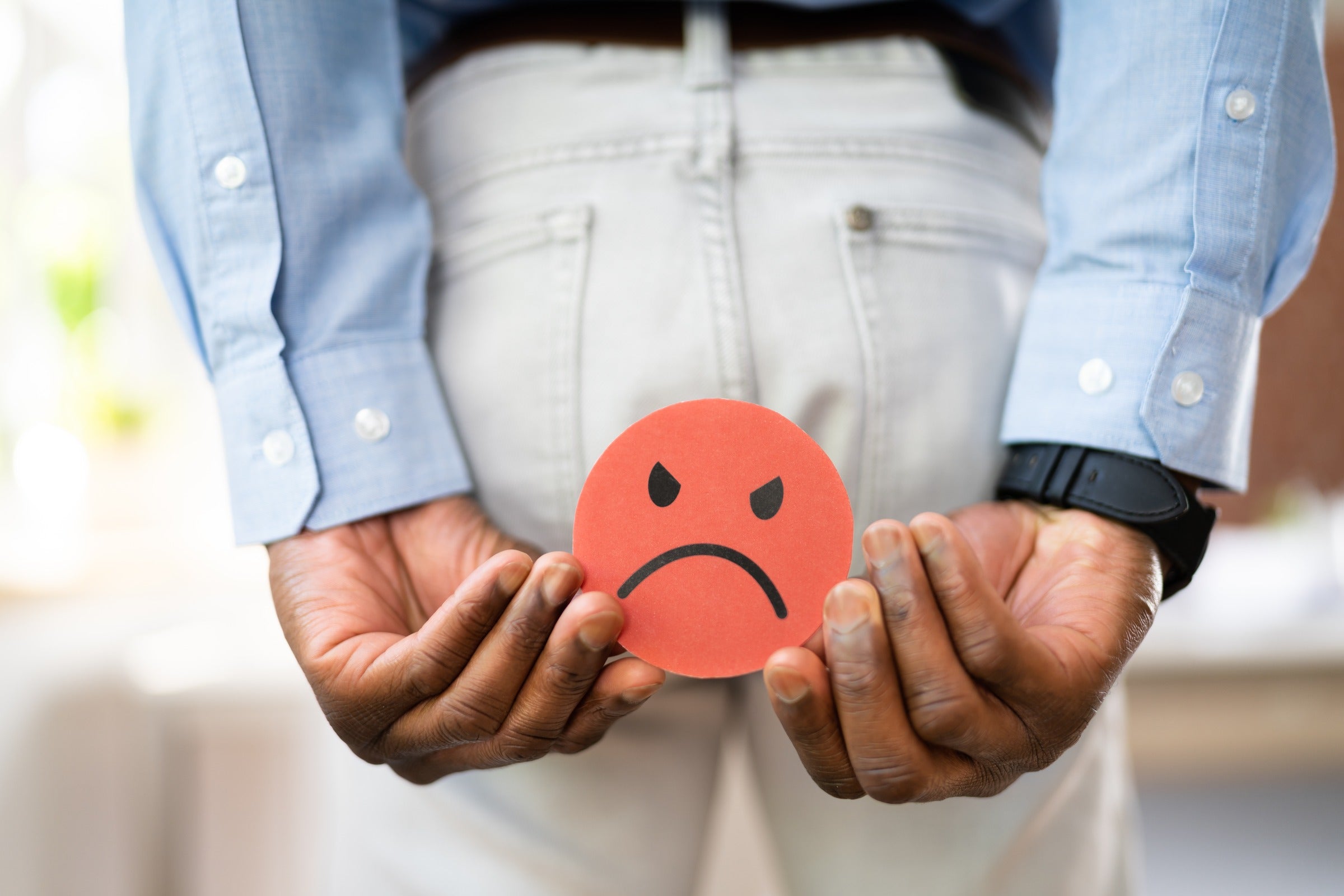
One of the most common symptoms of hemorrhoids is pruritus ani, also known as anal itching. We'll discuss pruritus ani caused by hemorrhoids in more detail.
Increased Itching Due to Hemorrhoids
Hemorrhoids can cause intense pruritus itching in the anal area for several reasons. The following factors contribute to the increased itching:
- Hemorrhoids can rub against the sensitive skin in the anal area, causing irritation and itching in pruritus.
- Hemorrhoids can cause the skin around the anus to become dry and chapped, leading to increased itching.
- The presence of hemorrhoids can cause the muscles around the anus to spasm, leading to further irritation and itching.
Irritation in the Anal Area
The presence of hemorrhoids can also irritate the anal area, leading to pruritus ani. Factors contributing to irritation:
- Anus skin can become inflamed and sore, leading to discomfort and itching.
- The swollen veins in the hemorrhoids can pressure the surrounding tissues, causing pain and irritation.
- Anus hemorrhoids can cause the skin to become more sensitive, leading to increased irritation and itching.

Inflammation of the Hemorrhoids
Hemorrhoids can become inflamed, causing pruritus ani. Several factors contribute to inflammation:
- Hemorrhoids can become engorged with blood, leading to swelling and inflammation.
- The inflammation of the hemorrhoids can make the skin around the anus red, swollen, and itchy.
- Hemorrhoids can infect, leading to further inflammation, pain, and itching.
Excessive Moisture in the Anal Area
Moisture in the anal region can also contribute to pruritus ani caused by hemorrhoids. The following factors can increase moisture:
- Hemorrhoids keep the skin around the anus moist due to sweating, leading to increased itching.
- Hemorrhoids can cause fecal matter to become trapped in the anal area, leading to increased moisture and irritation.
- Certain medications or creams can also cause excessive moisture around the anals, causing pruritus ani.
Sloughing of Skin Around Hemorrhoids
Another factor contributing to pruritus associated with hemorrhoids is the sloughing off of skin around the hemorrhoids. The following factors can cause the skin to slough off:
- Skin affected by hemorrhoids can become thin and fragile, leading to sloughing off.
- The skin around the hemorrhoids can become dry and flaky, leading to the sloughing off of the skin.
- Skin around hemorrhoids may become infected, resulting in dead skin.
Bacterial and Fungal Infections
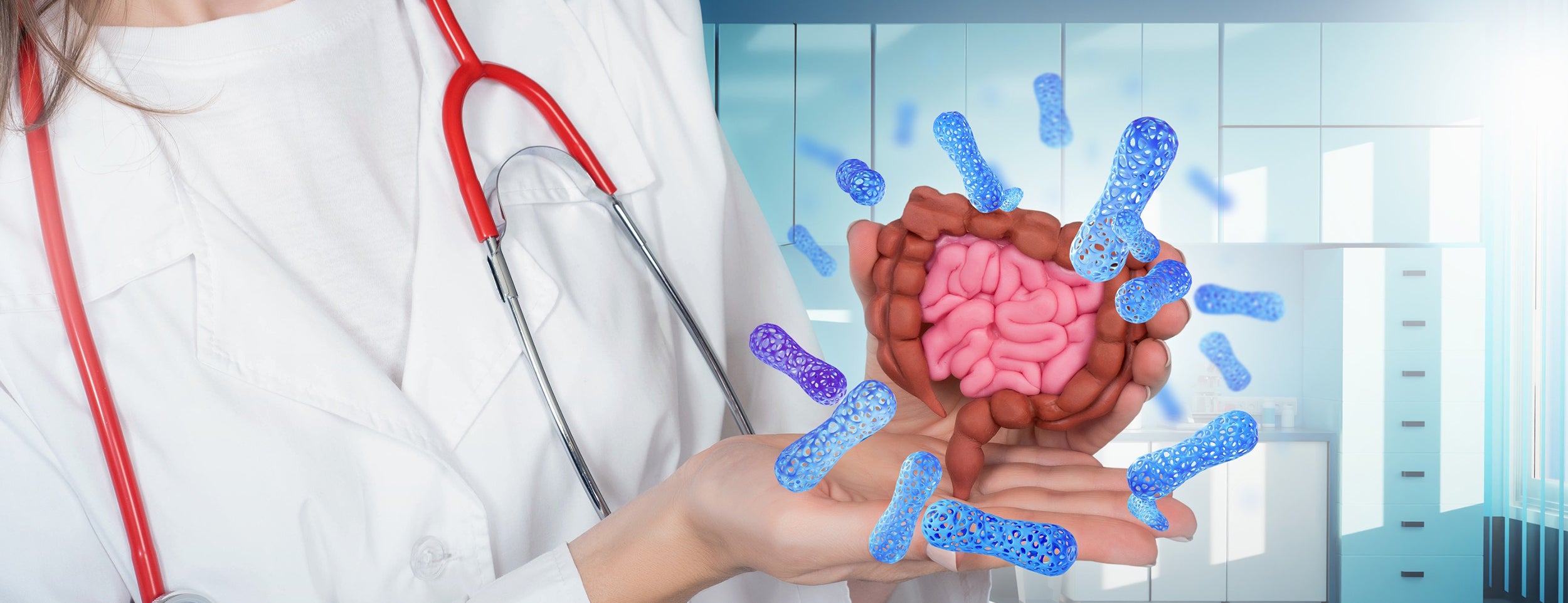
Bacterial and fungal infections can also cause pruritus ani in people with hemorrhoids. Several factors lead to infections:
- Hemorrhoids can create an environment conducive to the growth of bacteria and fungi.
- Scratching the anal area due to itching caused by hemorrhoids can introduce bacteria and fungi, leading to infections.
- Hemorrhoids can cause minor cuts in the skin around the anus, allowing bacteria and fungi to enter the body and cause infections.
Can Hemorrhoids Cause Pruritus Ani: 8 Other Causes
While hemorrhoids are a known cause of pruritus ani, several other possible causes should be considered. We will explore some of the other possible causes of anal itching.
Anal Fissures
Anal fissures are small tears in the lining of the lower rectum or anal canal. They are a common cause of anal itching and can be very painful. Some of the main symptoms of anal fissures include:
- Pain during bowel movements.
- Bright red blood on the surface of the stool.
- Burning or itching around the anus.
Viral Infections
Viral infections such as HPV (human papillomavirus) and herpes can also cause pruritus ani. Sexual contact typically transmits these infections, which can cause symptoms such as:
- Painful sores or blisters around the anus.
- Itching and burning.
- Swollen lymph nodes.
Proctitis
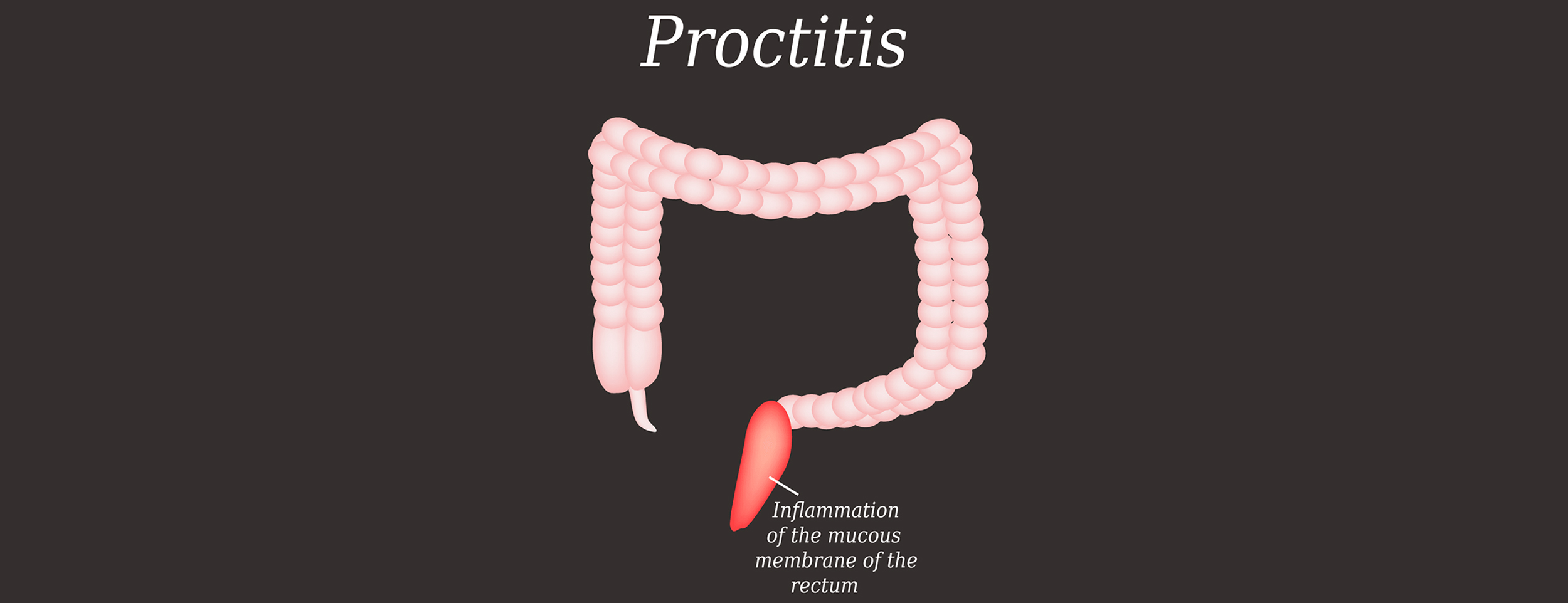
Proctitis is an inflammation of the rectum's lining that can cause anal itching. It can be caused by various factors, including infections, ulcerative colitis, and Crohn's disease. Proctitis symptoms include:
- Pain during bowel movements.
- Rectal bleeding.
- Diarrhea or constipation.
Psoriasis
Psoriasis is a chronic autoimmune condition that can cause a range of symptoms, including anal itching. This condition causes the body's immune system to attack healthy skin cells, resulting in thick, scaly, and itchy patches of skin. Common symptoms of psoriasis include:
- Red, scaly patches of skin around the anus.
- Itching and burning.
- Cracked skin that can bleed.
Parasites
Parasitic infections such as pinworms and lice can also cause pruritus ani. These infections are typically spread through contact with contaminated surfaces or bedding. Infections caused by parasitic infections include.
- Intense itching around the anus, especially at night.
- Visible worms or eggs around the anus.
- Irritation and inflammation of the skin around the anus.

Food Sensitivities
Certain foods may also cause pruritus ani in some people. Common triggers include spicy foods, caffeine, and alcohol. In addition, some individuals may be sensitive to certain food additives such as MSG. A few symptoms of food sensitivities include:
- Itching and burning around the anus.
- Rash or hives on the skin.
- Stomach upset or diarrhea.
Anal Cancer
While rare, anal cancer can also cause pruritus ani. Anus cancer develops in the tissues of the anus and can cause a variety of symptoms, such as:
- Pain and discomfort during bowel movements.
- Rectal bleeding.
- Swelling or lumps around the anus.
Can Hemorrhoids Cause Pruritus Ani: 4 Prevention Tips
One of the common complications associated with hemorrhoids is pruritus ani (itchy anus). We will focus on some of the essential prevention tips you can follow to prevent hemorrhoids and pruritus ani.
Fiber-rich Diet

A high-fiber diet is critical in preventing hemorrhoids and pruritus ani. Fiber is a vital nutrient that promotes healthy digestion by softening the stool, making it easy to pass. It also prevents constipation, a primary cause of hemorrhoids and pruritus ani. Here are some of the top fiber-rich foods you should consider adding to your diet:
- Fruits such as apples, raspberries, bananas, and oranges.
- Vegetables like broccoli, spinach, carrots, and sweet potatoes.
- Whole grains like oatmeal, brown rice, and whole-grain bread.
- Legumes like beans, lentils, and chickpeas.
Drinking Plenty of Water
Staying hydrated is another crucial prevention tip for hemorrhoids and pruritus. Drinking plenty of water helps to keep the stool soft and easy to pass, thus reducing the risk of constipation. Water also helps to flush out toxins from the body and keep bowel movements regular. You should aim to drink at least eight glasses of water every day.
Regular Exercise
Leading a sedentary lifestyle is also a significant risk factor for hemorrhoids and pruritus. Regular exercise helps promote healthy bowel movements, essential in preventing constipation and hemorrhoids. Exercise also helps to improve blood circulation, reducing the risk of inflammation in the veins around the rectal area. You can try the following exercises:
- Walking.
- Running.
- Cycling.
- Swimming.

Good Hygiene Practices
Maintaining hygiene around the rectal area can also help prevent hemorrhoids and pruritus. After a bowel movement, gently clean the area with warm water or mild soap. Avoid using harsh soaps or wipes that can irritate the skin. It is also advisable to wear loose-fitting clothing to allow air to circulate freely, thus reducing the risk of moisture buildup.
Conclusion
While hemorrhoids can be a source of pruritus ani, you can take plenty of steps to prevent and manage both conditions. By prioritizing good hygiene practices, staying hydrated, and eating a healthy diet, you can reduce your risk of developing both hemorrhoids and pruritus ani.
You should always seek medical attention if you experience persistent or severe symptoms. Don’t be embarrassed to talk to your doctor about discomfort or concerns. Your health and well-being should always come first.

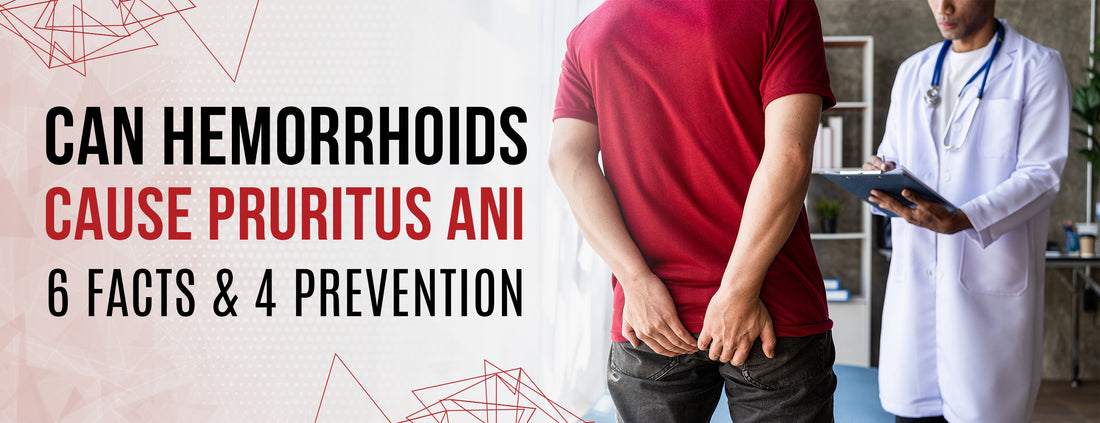



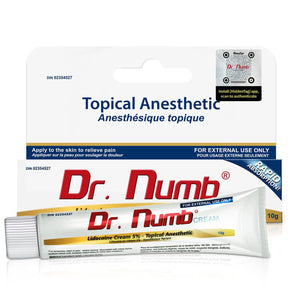
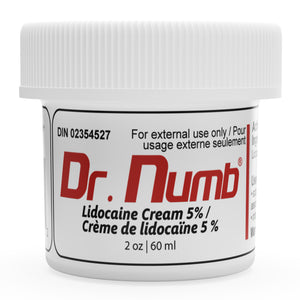
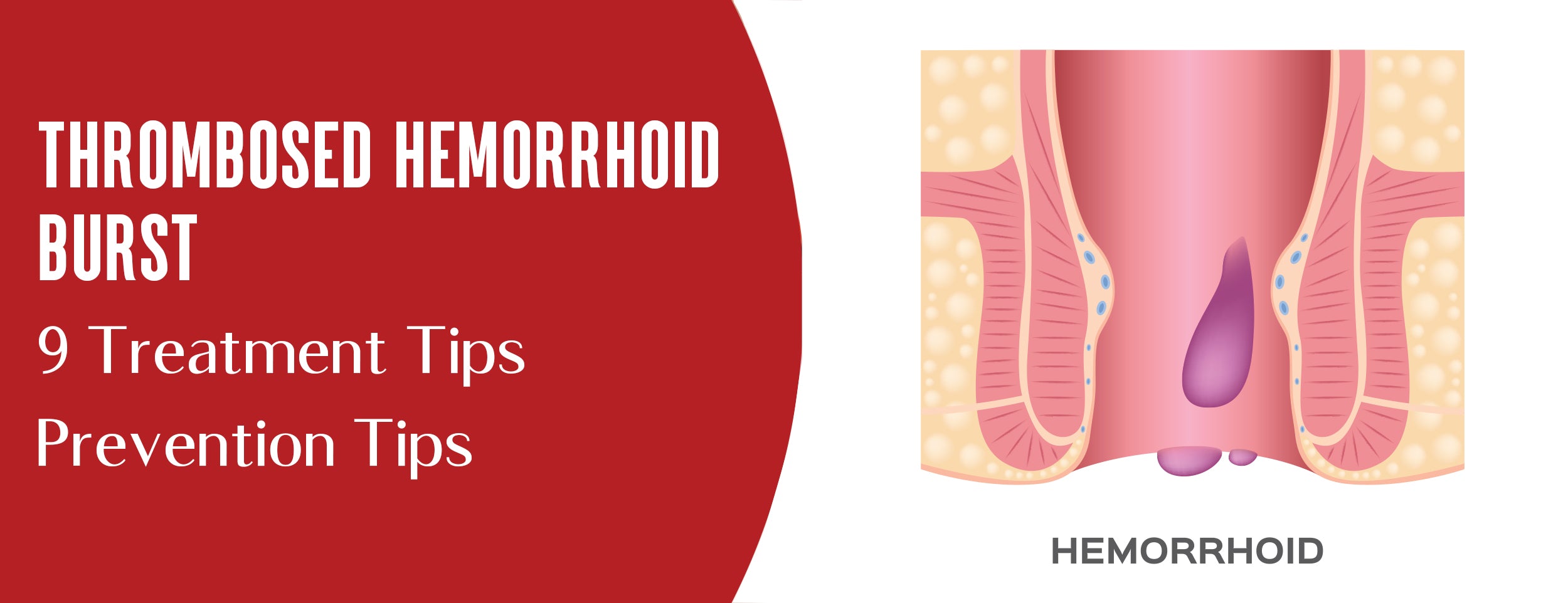
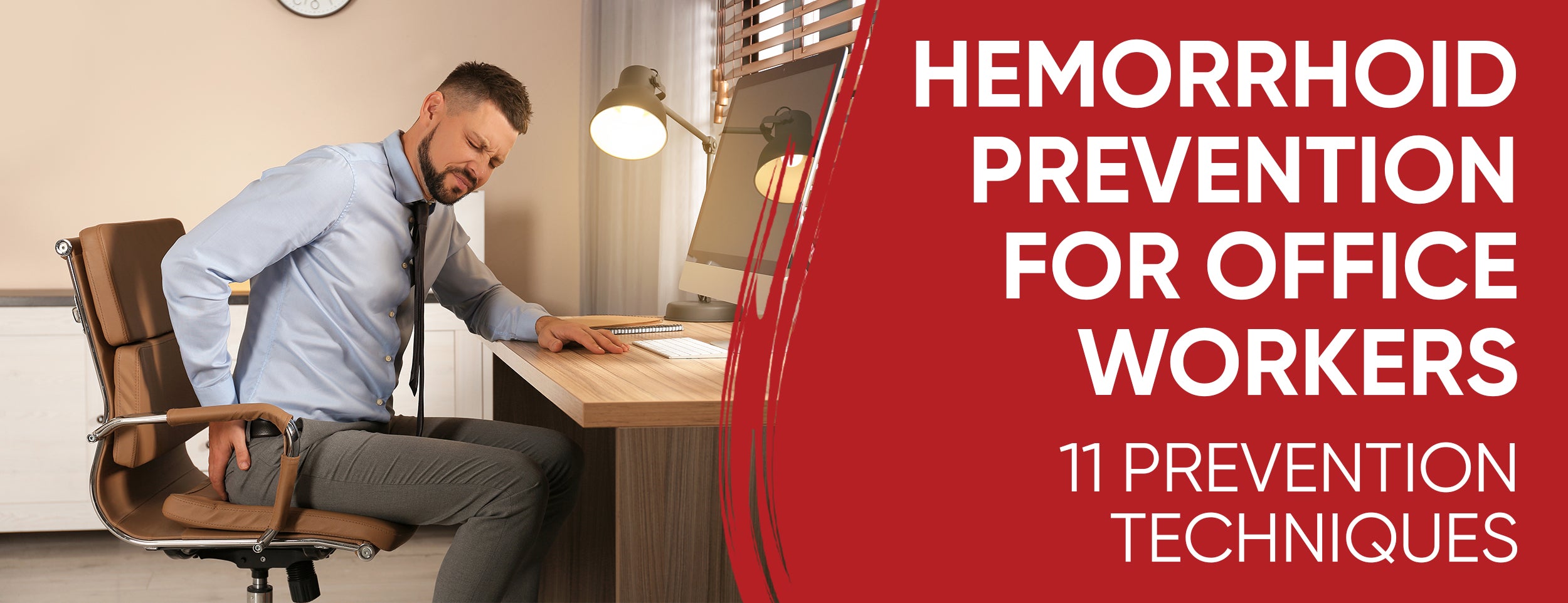
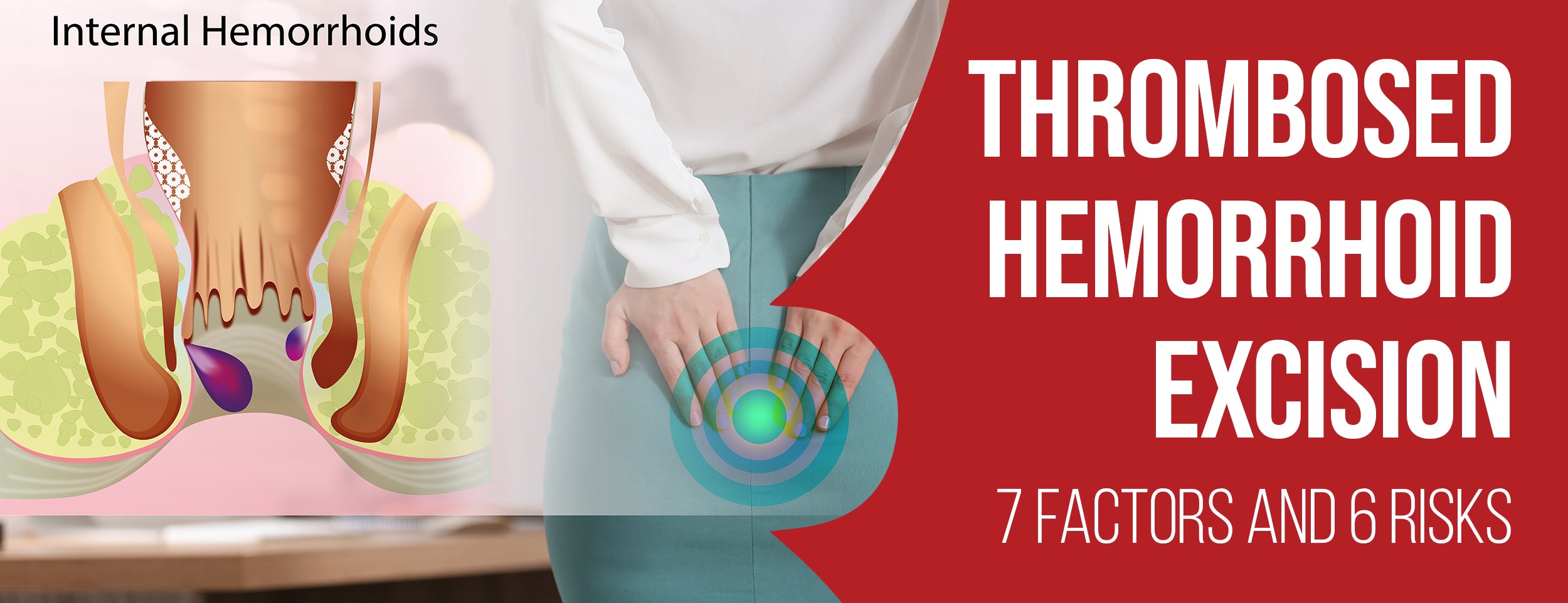
![Precautions & 6 Steps to Draining Thrombosed Hemorrhoids [DIY]](http://drnumb.ca/cdn/shop/articles/Draining_Thrombosed_Hemorrhoid_Yourself__6_Steps_8_DIY_Tips_With_Precautions.jpg?v=1713931775)

